The Hidden Dangers of Improper E-Waste Disposal: Unmasking the Impact on Human Health and the Environment
The present generation exhibits a strong affinity for technology, constantly driven by the desire to upgrade to new devices and dispose of outdated ones, such as smartphones and laptops. However, have you ever pondered the fate of these discarded electronic gadgets in India?
This collection is known as electronic waste, which, if not disposed of properly, can alert and warn the inhabitants of the ecosystem, including animals, plants, and humans. Moreover, the hazardous materials from electronic waste can contaminate our food chain, posing potential risks and consequences. The sands of time are running out if you do not unmask the dangers associated with improper e-waste disposal while delving into the solutions that might be useful to us. Accordingly, the process involving the recycling as well as the dismantling of the e-waste with no safety measures can expose them to the pollutants as well as toxins. Given this, they face health-related complications causing severe hazards.
Nonetheless, it is all about understanding the risks of electronics and knowing the means and manners of disposing of them in a manageable way to safeguard our planet and our well-being.
Table of Contents
- The Hidden Dangers of Improper E-Waste Disposal: Unmasking the Impact on Human Health and the Environment
- Understanding the Impact of Improper E-waste Disposal
- Environmental Consequences of Improper E-waste Disposal
- Procedure for Storage of E-waste.
- Several Alternatives to Treat Improper E-waste Disposal
- Conclusion: Taking Action towards Proper E-waste Disposal
--------------Blog Contact Form-------------
Understanding the Impact of Improper E-waste Disposal
As consumers of daily electronic products, we switch our gadgets occasionally, accumulating a pool of devices that become obsolete if left untreated. This storage of gadgets somehow takes shape into what is called electronic waste. E-waste pertains to electronics that have reached the end of their practical lifespan. As consumers, we can reduce e-waste by exploring different options. For instance, if you have a still functional product that is no longer needed, you can pass it on to someone who would benefit more. Moreover, many retailers are actively seeking individuals who want to upgrade their electronics and are willing to exchange them for older models. In doing so, they can either reuse or refurbish the older devices.
If you have products that have been unused for a long time, it is best to submit them to a certified recycler instead of throwing them in the garbage. Improper disposal of electronic waste can cause harm to the environment and ultimately have negative consequences for humans. Let's be responsible contributors and take action to avoid future repercussions.
If we fail to address this issue, improper waste disposal, particularly in landfills or unauthorised locations, can have severe consequences that affect public health and pose a hazard for future generations. Furthermore, improper disposal leads to the release of toxic chemicals, which contaminate our planet's air, soil, and water.
Read Our Blog: How to Get an E-waste License in India
Environmental Consequences of Improper E-waste Disposal
With the quickening pace of rapid technological advancement, more and more electronic gadgets have been injected into circulation and continue to threaten our ecology with improper disposal. Electronic waste comes with hazardous materials, ranging from lead, mercury and cadmium.
When these substances leach into the soil and water, they can contaminate the surrounding environment, posing a risk to human health and wildlife. Nonetheless, let us have a look at the cons that come with improper e-waste.
- Impact of E-waste on air Quality
It has come to our attention that electronic waste, when disposed of in landfills, can unintentionally contribute to air pollution in India. This is because electronic devices containing plastics and other materials can release harmful gases if burned. Consequently, these gases may contain dioxins that can negatively impact air quality and contribute to the greenhouse effect.
- Impact of E-waste on Soil
When we talk about electronics, consisting of heavy metals, such as lithium, mercury and barium, being improperly disposed of, these metals can reach the soil and further up to the groundwater channels, which in turn would go to the streams and rivers, reaching groundwater.
In that very situation, not only will the health of plants and animals be compromised, but it will also impact human life with the intake of hazardous materials such as this. No wonder these substances may step forward in contaminating the soil while posing a threat to animal and plant life. Likewise, the ground may seep into the groundwater, primarily polluting the water sources.
- Resource Depletion
It is realised that electronic devices somehow consist of valuable metals, ranging from copper and silver to gold. Accordingly, when the e-waste is not handled or managed correctly, these resources become a part of the waste. With that, mining these materials can become destructive, leading to environmental emergencies causing soil erosion or deforestation. It can be dealt with via recycling and reuse of e-waste. Still, one cannot rigidly eliminate resource extraction processes while aiming to reduce the environmental impact of mining activities.
Furthermore, extracting raw materials, mainly from electronic waste, could potentially exacerbate these environmental impacts. Mining activities aimed at acquiring minerals like gold or silver can also be responsible for spreading destruction, water pollution, and soil erosion. Additionally, the manufacturing process contributes to the greenhouse effect, emitting harmful emissions and ultimately leading to climate change.
To cater to these environmental consequences is to seek solutions and support sustainable practices. While doing so, it feels necessary to recycle e-waste, which would reverse the effect and recover the valuable materials, minimising any desire for resource extraction. With that, it even ensures that the hazardous substances are managed and disposed of in an environmentally friendly manner.
Read Our Blog: E-waste Management in India
Procedure for Storage of E-waste.
The procedure for the storage of the e-waste calls for the refurbished, recycler and producer to keep in mind the storage of the electronic waste, which should not exceed for a period of more than one hundred and eighty days, while maintaining the record as per the sale, transfer and the storage of the e-wastes conducted as per the rules and regulations during the enforced time: on how Central Pollution Control Board may extend for a period of three hundred as well as sixty-five days, in a manner that allows for e-waste to be stored for the developmental process, involving reuse or recycle.
Several Alternatives to Treat Improper E-waste Disposal
If the problem seems impossible, the solution is hidden beneath this boulder, wanting to be discovered. In simpler terms, improper e-waste disposal is one of the popular concepts with various possibilities and solutions, encouraging a positive impact. Now, allow yourself to seek answers that connote the environment-friendly solutions in reducing the negative impact which comes with it-
- Donating Electronics
Suppose you have a collection of unused electronic gadgets in storage. In that case, you may utilize the same by donating the electronics to someone in need while minimizing the pollution e-waste contributes. By doing so, you are helping those without this facility to access these electronic gadgets.
- Recycling
It is no surprise that retailers have started implementing a take-back program, which is considered one of the most strategic methods to address the issue of improper disposal of electronic waste. Through these programs, customers are encouraged to return their electronic devices to the manufacturer for recycling or proper disposal. With the introduction of these initiatives, consumers ensure that electronic waste is being effectively managed and prevented from ending up in landfills.
- Reuse & Refurbishment
Another alternative to handling improper e-waste disposal is through reuse and refurbishment. Due to this, repairing and refurbishing the devices may act as one of the exceptional alternatives that can give these devices a second life and might be used by those who are devoid of this technology. With this, the reuse and refurbishment not only minimize the e-waste but somehow contribute to lessening this digital divide gap.
- Public Awareness
One way to tackle the problem of improper e-waste disposal is by raising public awareness about its negative impact. This can be achieved by organizing campaigns, holding meetings, and educating citizens. Working together can help protect the environment and make a positive change. By empowering individuals with knowledge, we can foster a culture of responsible e-waste disposal.
Therefore, improper e-waste disposal comes with several alternatives, ranging from donating electronics and recycling to reuse & refurbishment and raising awareness.
Conclusion: Taking Action towards Proper E-waste Disposal
In conclusion, improper electronic waste disposal is a concerning issue that can cause ecological damage if not appropriately managed. We are both affected by and responsible for the accumulation of e-waste, and it must be stored, handled, and disposed of in an environmentally conscious manner. It is high time that we install sustainable alternatives to wipe out the issue of e-waste disposal and cater to any concerns that are troublesome for our environment.
This portion of the site is for informational purposes only. The content is not legal advice. The statements and opinions are the expression of author, not corpseed, and have not been evaluated by corpseed for accuracy, completeness, or changes in the law.
BOOK A FREE CONSULTATION
Get help from an experienced legal adviser. Schedule your consultation at a time that works for you and it's absolutely FREE.


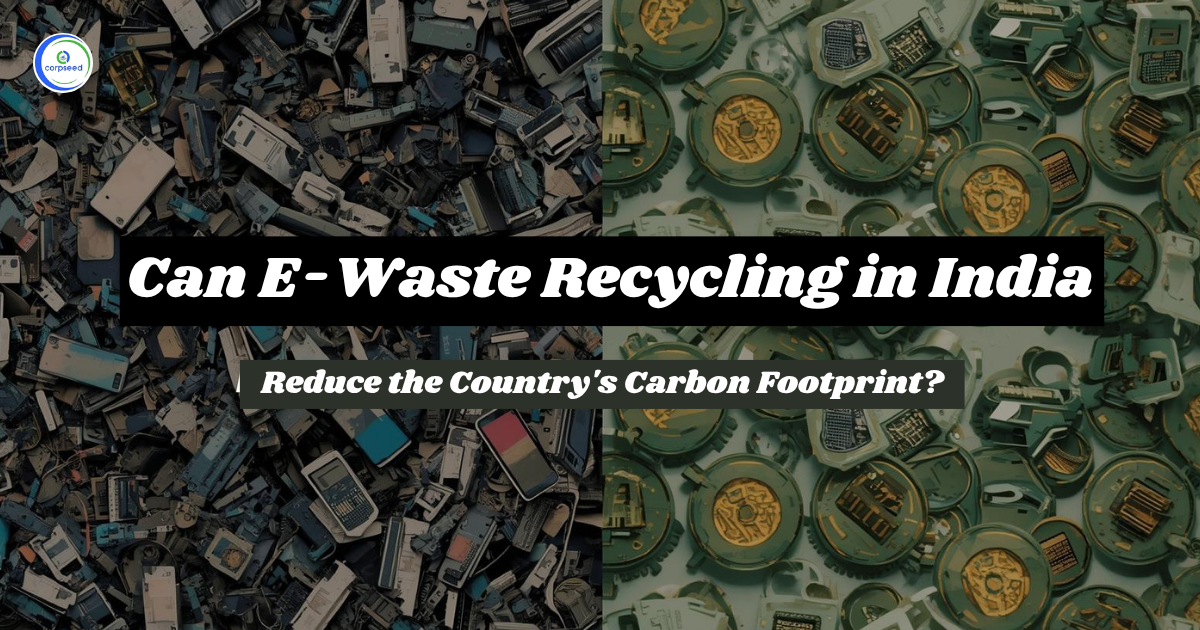
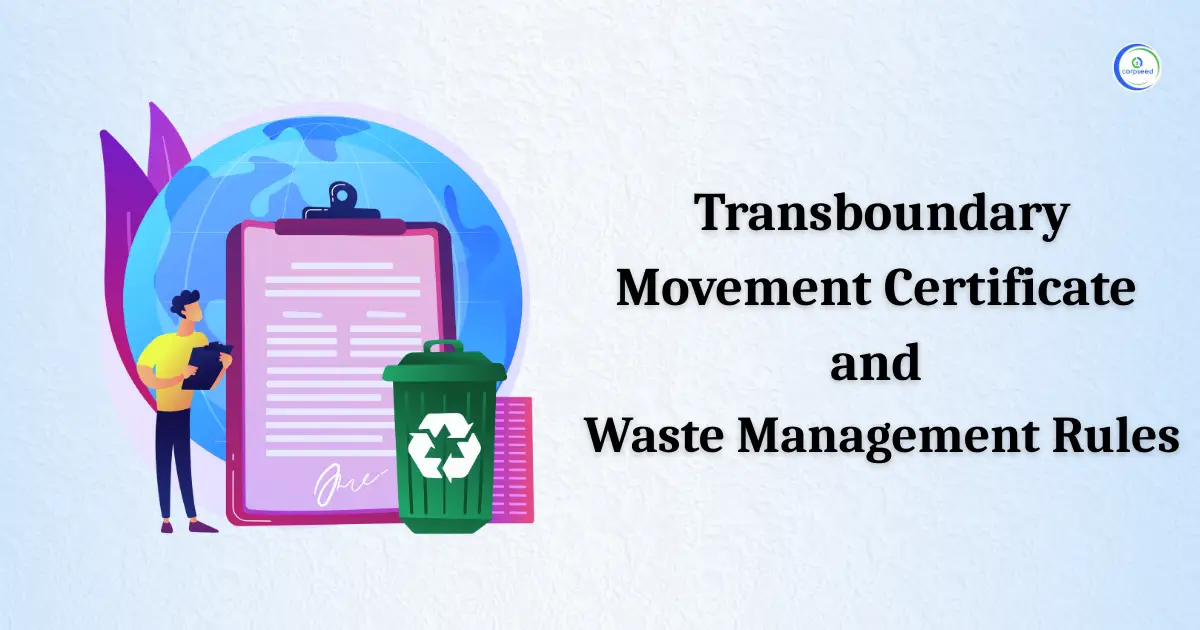
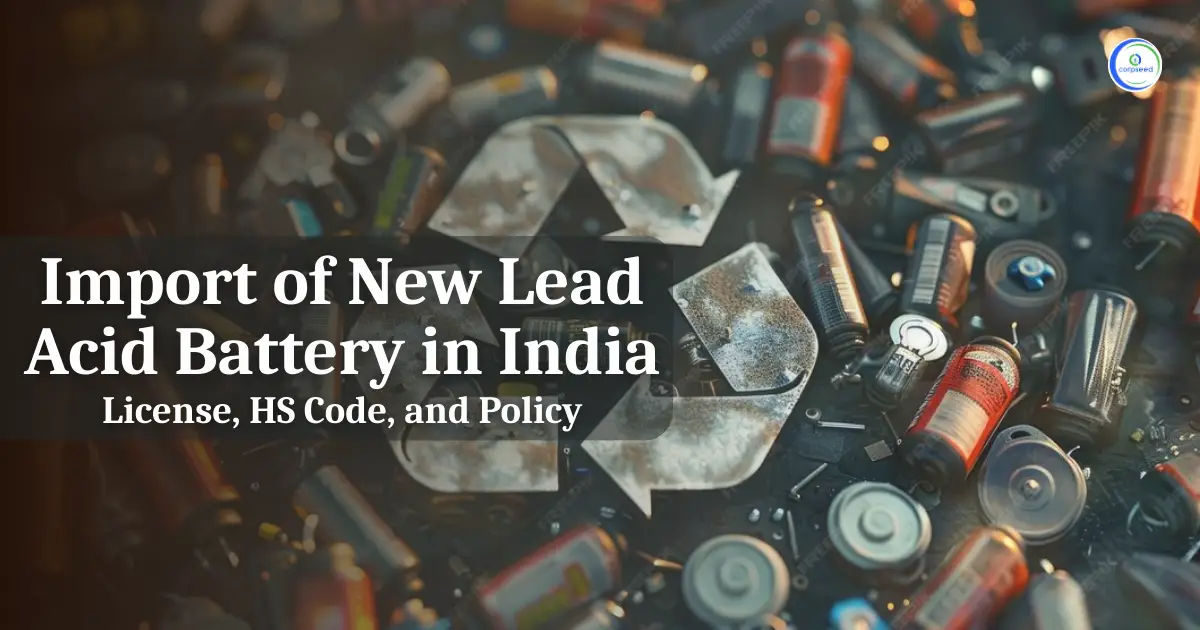

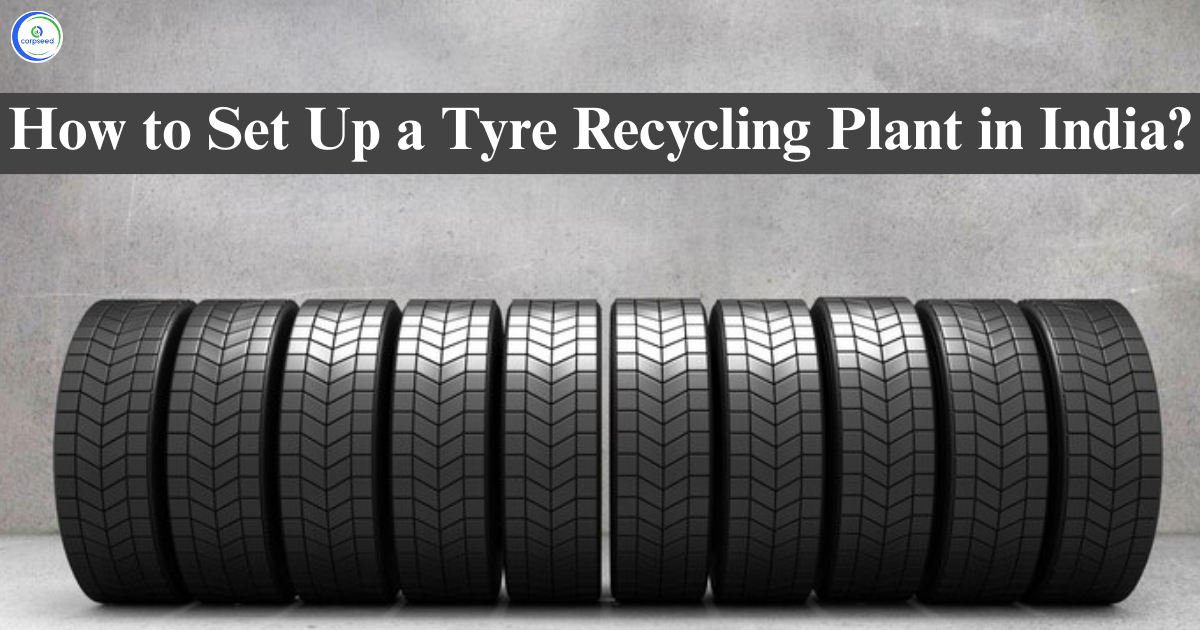
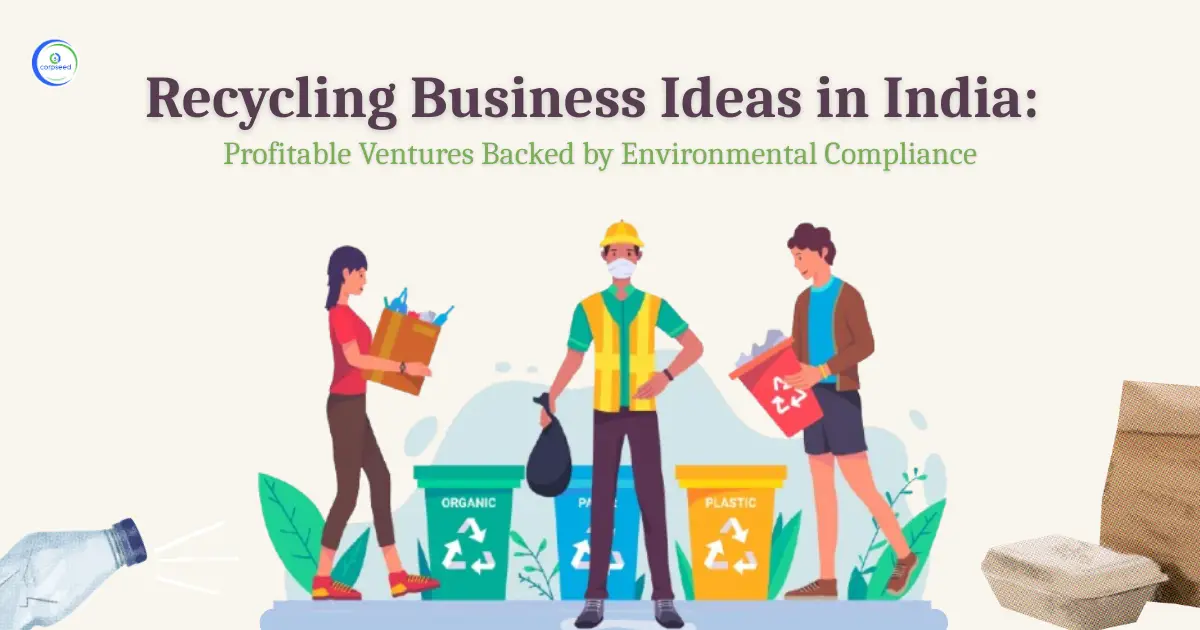
.webp)
